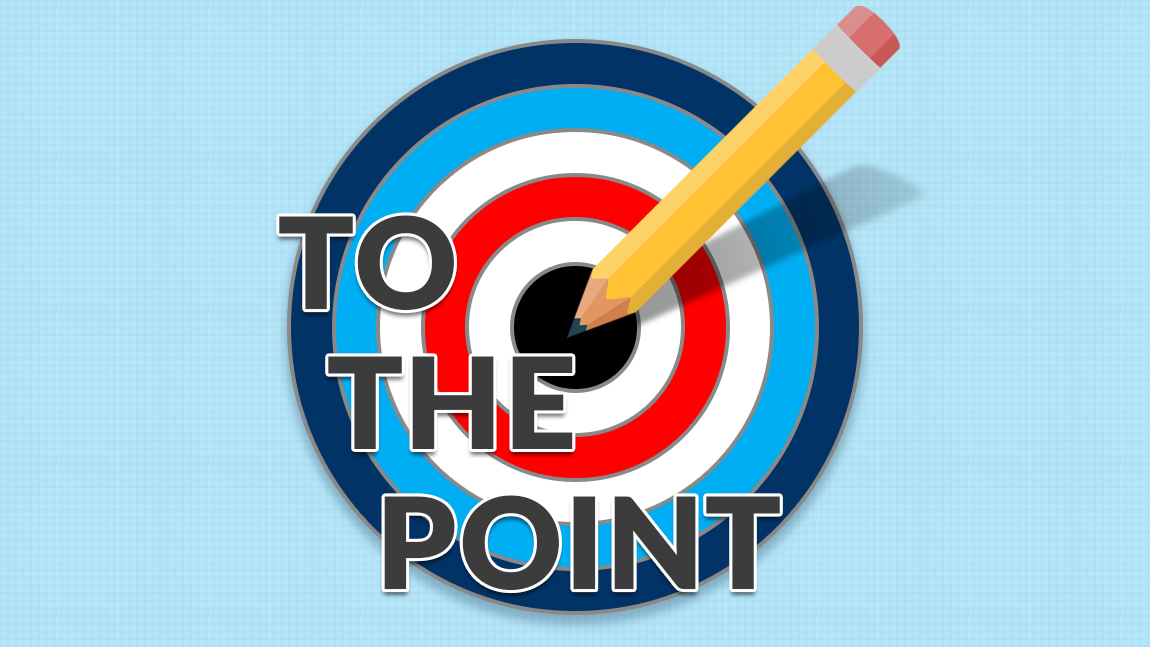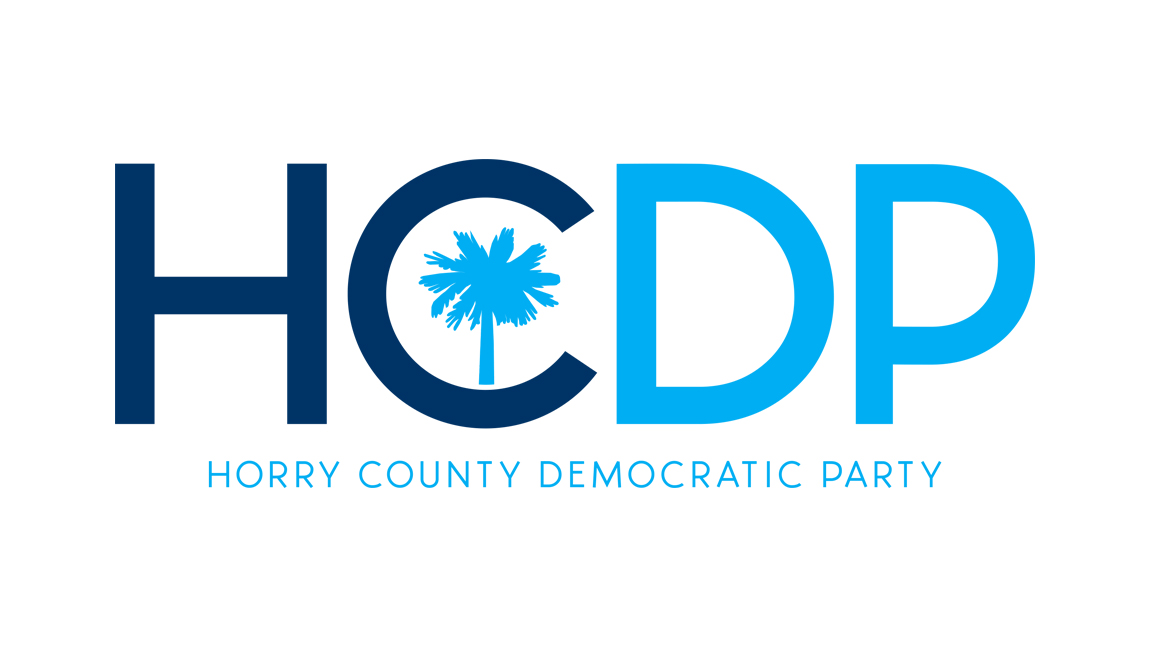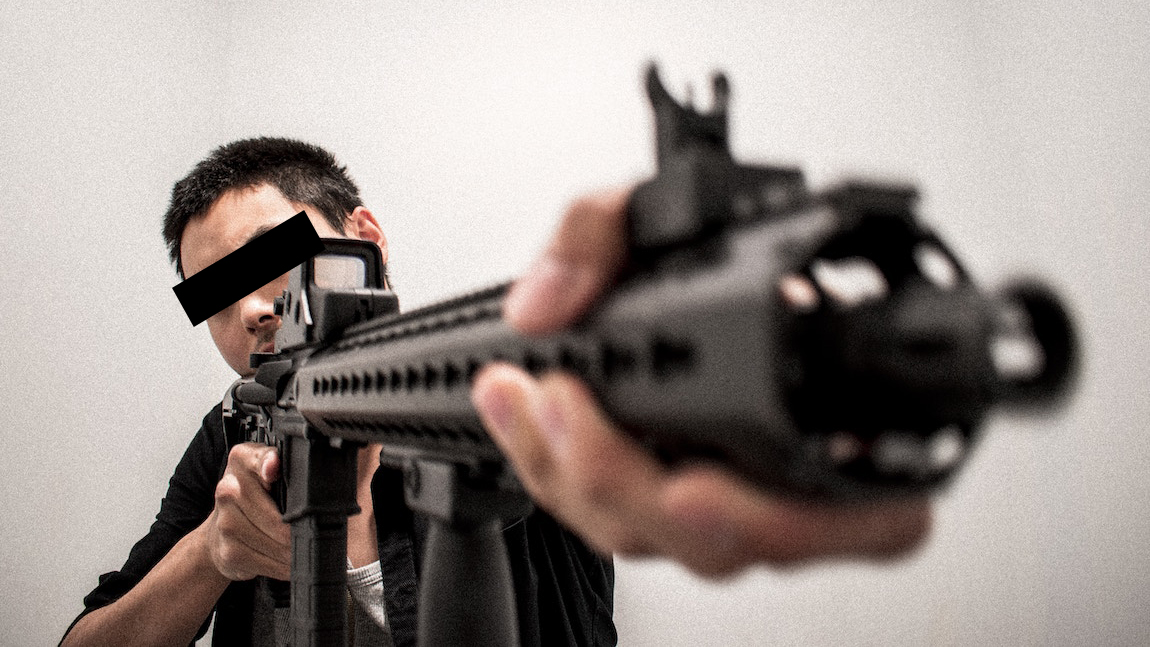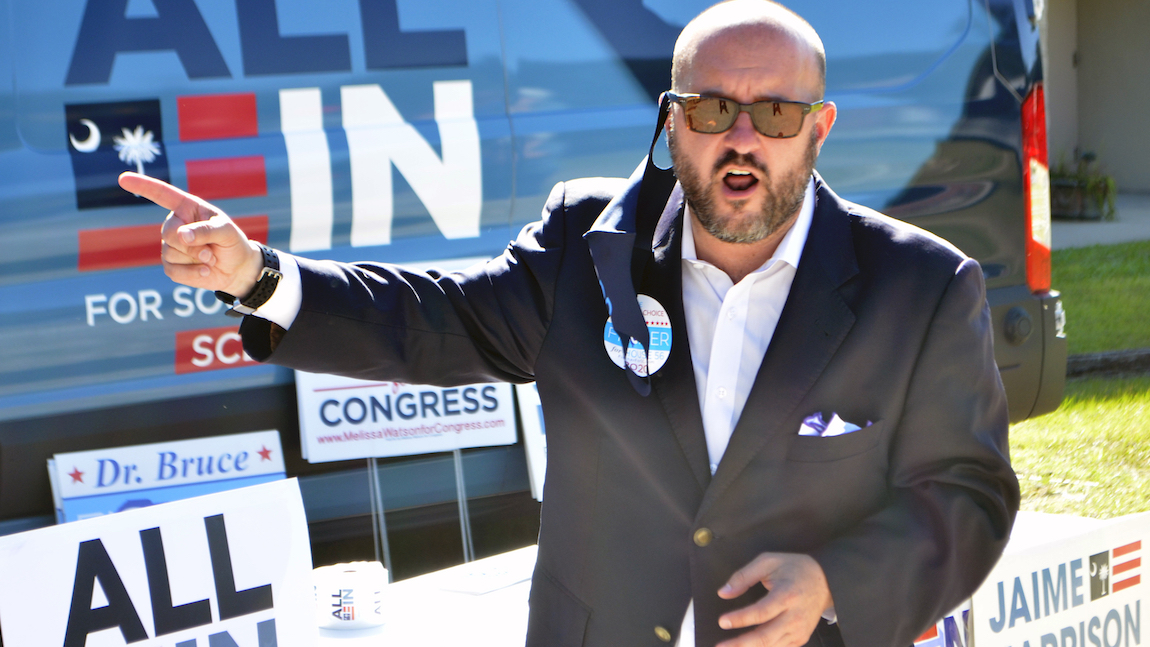By Dameion B. Fowler
As Horry County (particularly Myrtle Beach) is quickly becoming one of the premier tourist destinations in the southeast, this rise has been achieved on the backs of our working class and working poor.
Thus, we are entering a moment where there is widespread dissatisfaction among many South Carolina’s workers and the struggle for economic justice must be intensified.
We have a homelessness, and an affordable housing crisis that Horry County’s media refuses to acknowledge in any substantive way. While we are experiencing a paucity of affordable public transportation for our county’s local citizens, we are seeing busloads of South Carolina’s most vulnerable workers being brought in to the Myrtle Beach area from poorer areas of the state to work for depressed wages because they are desperate for employment.
In South Carolina, there is the “corridor of shame” where public schools are poorly funded and abysmal.
In Denmark, SC there is a water crisis that rivals what’s happening in Flint, MI. Many of us are completely unable to scrape up $500.00 in response to an emergency. I live with the real burden of knowing that if I go to my car, and it doesn’t start, or a tire is flat, or a window is busted out, it will send me into a financial tailspin from which it will take me several weeks to recover. And that reality is shared by many in our state and across the nation as well.
In response to this reality, we often are offered a set of solutions that are little more than patronizing, paternalistic victim-blaming, and self-righteous:
“If we can get these people to focus more on education: developing their marketable skills, and persevere, they will find the financial stability they need!”
“Maybe they should learn how to save and invest more of their money…”
“They (the poor) are just not willing to work hard enough to get on their feet…”
We must realize that poverty is not due to a lack of education, a lack of perseverance, a lack of hard work, or a lack of prayer. People are poor due to a lack of resources. People are poor because there is an inequitable distribution of political and economic power. Only when that inequitable distribution is remedied, will there be a reduction in poverty.
Poverty is as pervasive today because of stark wealth inequality. We have a system wherein three men: Jeff Bezos, Warren Buffett, and Bill Gates have more wealth than the bottom half of Americans combined. We have a system where five families (all white) own more rural land than all of black America.
We have a system where while the ruling class is making more money than their children’s grandchildren will ever be able to spend, workers are forced to work multiple jobs to make ends meet.
And we have a tax system that protects the massive wealth of the oligarchs while throwing working class people under the bus. As a result of the “Tax Cuts and Jobs Act of 2017” (aka the “Trump Tax Cuts”), white households in the top one percent will receive $143 a day from the tax cuts while the white middle class will receive $2.75 a day. According to the Institute for Taxation and Economic Policy:
More than 40 percent of all tax cuts from the Tax Cuts and Jobs Act go to the white households in the top 5 percent of earners, despite only representing 3.9 percent of all tax returns.
According to the Roosevelt Institute, the tax cuts will also exacerbate already existing racial wealth disparities in America:
The sum total effect of the Trump tax law is likely to further increase the economic disparities, particularly with regards to wealth, between white Americans and communities of color.
We must work to bring more justice and fairness to the tax system. In the IPS report titled “Ten Solutions to Bridge the Racial Wealth Gap”, Dr. Darrick Hamilton, one of the nation’s leading economists states the following:
Significantly raising taxes on the ultra-wealthy serves both the intrinsic value of reducing the corrupting influence of plutocratic power as well as the instrumental value of producing significant public revenue that can be invested in creating wealth building opportunities for those who have been blocked from generating wealth. The French economist Thomas Piketty has warned that if we don’t intervene to reverse the growing concentration of wealth, the heirs of today’s billionaires will dominate our politics, culture, philanthropy and economy.”
We must intensify our struggle for economic justice. We must move beyond simply asking our policymakers for a more equitable system to creating a political reality where they have no other choice to maintain their political survival. That means mass organizing, mass acts of civil disobedience, mass protest. It means shutting down this system until it works for all Americans.
We must continue to create and build a movement where we confront the oligarchs and make it known that they must relent to a system where either everyone will enjoy the wealth of this nation or no one will. Either everyone will benefit, or no one will benefit. Everyone will prosper, or no one will prosper. Freedom for everybody, or freedom for nobody.
Finally, a quote from Dr. Martin Luther King, Jr.:
“I choose to identify with the underprivileged. I choose to identify with the poor. I choose to give my life for the hungry. I choose to give my life for those who have been left out of the sunlight of opportunity…seeing life as a long and desolate corridor with no exit sign. This is the way I’m going. If it means suffering a little bit, I’m going that way… If it means dying for them, I’m going that way.”





